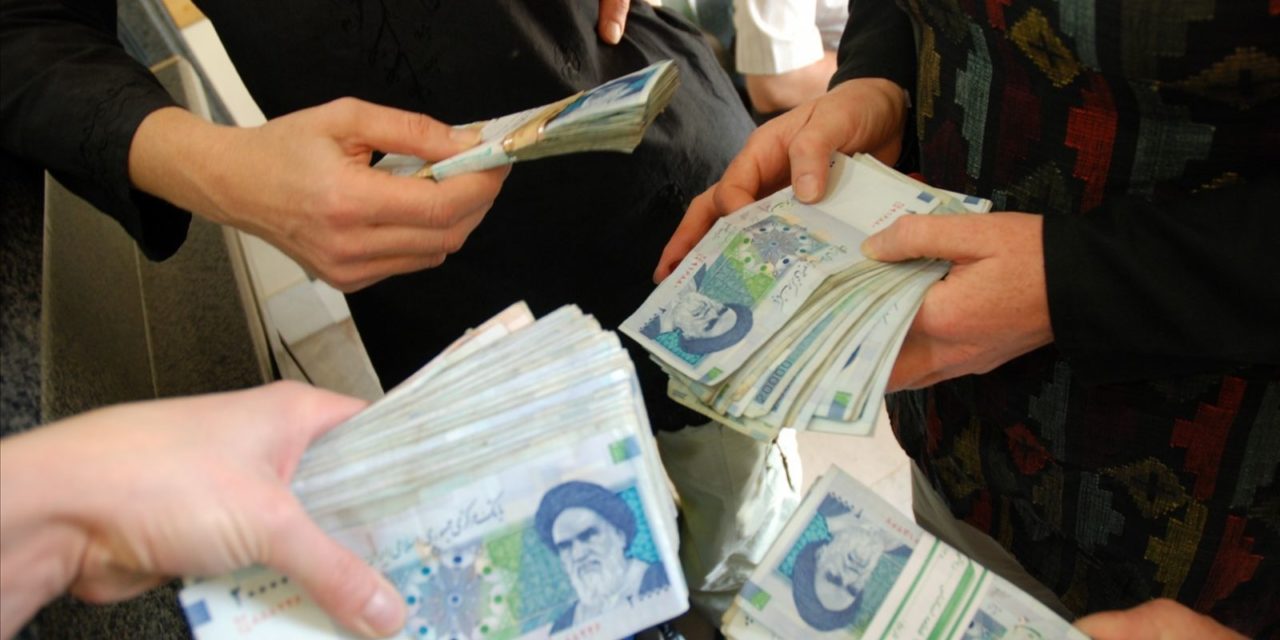Writing for the Christian Science Monitor — before the Tehran Friday Prayer told Iranians, “So what if you only eat one meal per day?” — Scott Peterson opens an overview of the economic crisis with a telling sign:
The latest state budget reintroduces a controversial program to sell exemptions from mandatory military service – an indication of just how hard the oil-dependent economy has been hit by falling prices and years of sanctions over its nuclear program….
Military exemptions haven’t been sold in more than a decade, and critics say the policy risks deepening a social divide in Iran between haves and have-nots….
In the past, the fee was the equivalent of several hundred dollars. Today it starts at roughly $6,500, and can run to more than double that.
Peterson’s story of the exemptions — which optimistically would raise $2.9 billion, a fraction of the possible shortfall in the 2015/16 Governnment budget — is followed by a report, complementing EA’s day-to-day coverage, with a series of sharp points about the prospects of the economy:
*Hopes of GDP growth, following the decline of almost 5% in the last year of the Ahmadinejad Government, are fading. Projecting have been cut as low as a 1% rise, and even this might be optimistic.
A comprehensive nuclear deal with the US and other powers, releasing $20-30 billion back into Iran’s economy, could raise GDP by 4% to 5%. However, that resolution is no closer after 14 months of discussions under an interim agreement.
*Iran’s declaration of a doubling of oil revenues to $60 billion in 2015 is collapsing with oil exports unlikely to rise significantly without the nuclear agreement. Revenues are expected to remain at $30 billion — but this might be jeopardized by the 60% fall in global oil prices since June.
Up to 2012 and the full force of US and European sanctions, Iran’s revenues were about $100 billion per year.
*Large Government projects are in jeopardy. Rouhani’s draft budget for 2015/16 envisages many of these being taken up by the private sector, but this is an aspiration rather than a plan at this point.
*Government salary increases will be half what they were last year — and, according to EA sources, the Government may not give employees the customary annual bonuses when the Iranian year ends on March 20.
*In addition to the Government’s declaration that it can fund its budget through tax increases to offset the fall from oil revenue, Ministries have been commanded to raise funds with measures from higher post office fees to enforcement of traffic fines.
*Iran is likely to import $60 billion in foreign goods in the 2015, nearly twice the level of 2004.
The only bright spot in the report is a leap of faith from prominent economist Saeed Laylaz.
If they reduce the projected budget of the government, it means less economic growth, less employment, and less satisfaction among the people….
“The situation will be difficult but it is not disaster…not beyond controllability,” says Laylaz.
But Peterson concludes with a caution from Industry Minister Mohammad Reza Nematzadeh:
Do you think the world doesn’t get it that our gestures are empty? That our remarks are empty?
Our educated youth can tell if you’re lying.

